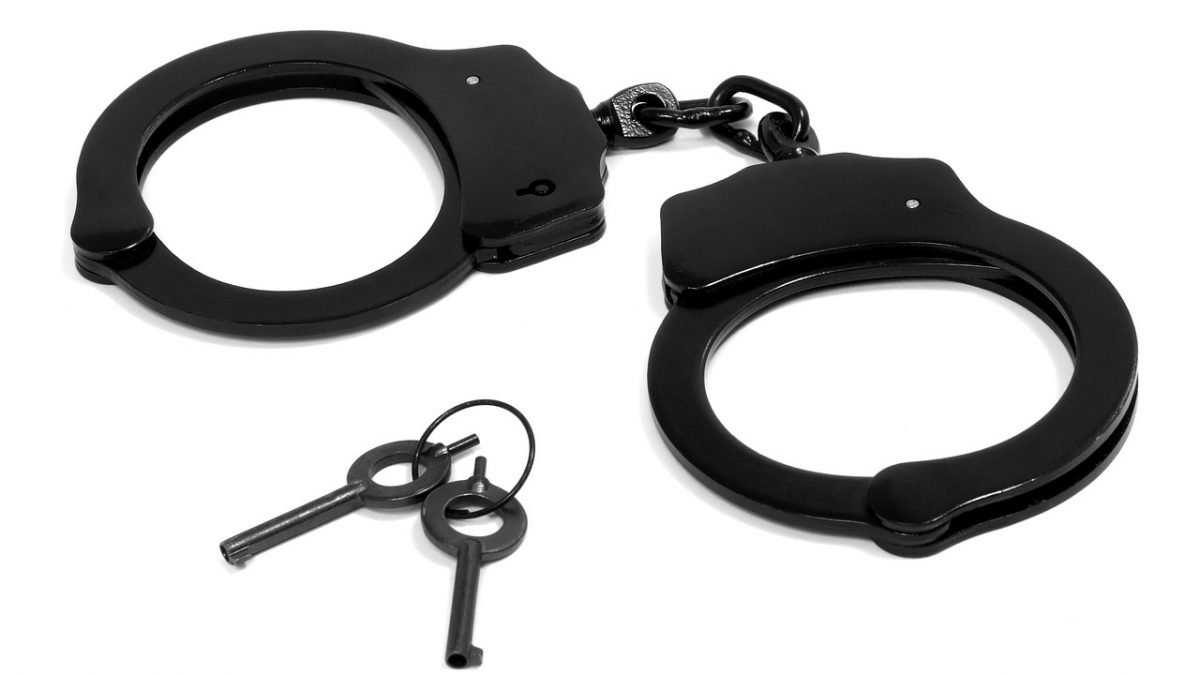
Tried And Tested Strategies to Gain More Clients
February 15, 2021
Can I work in the U.S. while waiting for my green card?
February 15, 2021Getting arrested can feel overwhelming and confusing. When a person is being arrested, they may be taken into custody. Once in custody, that person is not free to leave the scene. During this process, the police officers present may ask questions or make inquiries. However, a person is not obligated to answer these questions, aside from providing the officers with their name, address, and any requested identification. While you may want to explain yourself or the situation, it is crucial to remember that anything you say or do can be used against you later in court. This holds true even prior to when a police officer reads out your Miranda Warnings. In these scenarios, it is best practice to politely decline to answer and to request to speak to an attorney. Continue reading the article to learn more about what happens after a person is arrested.
The Booking Process in AZ
Following a person’s arrest, the individual will be processed through the jail. During this process, the arrestee’s personal information, such as their name, date of birth, place of residence, will be accounted for. A copy of the arrested person’s government identification card, fingerprints, and a booking photo will also be collected. If a person has been arrested for driving under the influence (hereinafter “DUI”) of drugs or alcohol or for Driving While Intoxicated (hereinafter “DWI”) by alcohol, additional sobriety tests may be administered within this timeframe as well. In instances of minor crimes, such as a DUI, a misdemeanor, or other lower-level offenses, an arrestee may be released and given a court date after the booking process is complete. In contrast, for more severe crimes, like felonies, the arrested person will be kept in custody.
First Appearance
An arrestee’s first hearing in front of a judge is referred to as an arraignment or first appearance. In Arizona, if someone is held in custody after getting arrested for a crime, that person must be seen by a judge within 24 hours. During the first appearance, the judge will:
- Inform the arrested individual of their Constitutional rights.
- Ascertain whether the arrestee is entitled to an appointed attorney. Generally, in cases where an arrested person may face a prison sentence as a punishment, an attorney will be appointed.
- Establish release conditions and/or bail.
It is vital to note that an arrested person does NOT have the right to attorney representation at their first appearance. Moreover, complaining to a judge about release conditions or set bail will typically work against the arrested individual’s favor. Instead, it is best to remain respectful and not speak out of turn.
Posting Bail
Bail is essentially an agreement that permits someone to post collateral in order for an arrested person to be released from jail. Through this exchange, the party who posts bail, whether it be a friend, family member, bail bondsman, or the arrestee themself, guarantees that the arrestee will appear in court whenever they are summoned for their case. Once the bail bond has been posted and the necessary collateral is in place, the arrestee will be immediately released from jail.
Contacting in Attorney
One Tucson criminal defense lawyer recommends contacting an attorney prior to answering police questions. For instance, if a person was arrested improperly and there was no probable cause or present, or the arrestee’s Miranda warnings were not given, a criminal defense attorney can utilize these procedural mistakes as a strong defense. Consulting a knowledgeable criminal defense attorney who is well versed in the arrest process can make a difference in your case.





